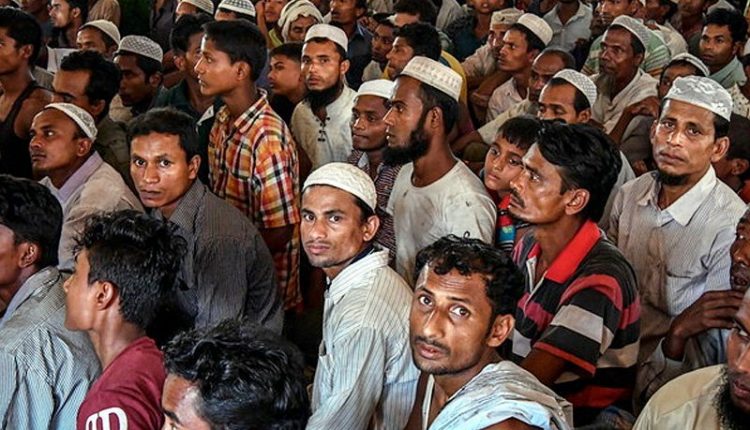GEORGE TOWN: The UN High Commissioner for Refugees (UNHCR) has denied that it has a no-arrest condition for giving the government information on refugees for the purpose of vaccination against Covid-19.
Commenting on home minister Hamzah Zainudin’s charge of insincerity on UNHCR’s part, a spokesman for the agency said it had never imposed such a condition on any government although it advocates no arrests of refugees and asylum seekers.
Hamzah, referring to a news report alleging the imposition of the condition, said on Monday that UNHCR’s insincerity was frustrating his plan to get 180,000-odd refugees vaccinated.
He also said UNHCR cardholders were behaving as if they were above the law.
UNHCR’s spokesman in Kuala Lumpur, Yante Ismail, told FMT the news report Hamzah referred to was erroneous.
She said the agency had been working closely with the government in its Covid-19 response since the start of the pandemic.
“We have advocated with the Malaysian government to not arrest and detain refugees and asylum seekers, including those with expired UNHCR documents, especially because refugees have not been able to travel to UNHCR due to the restrictions under the MCO. Others are in the process of registration and do not yet have UNHCR documentation,” she said.
Yante also said the agency had been sharing refugee population data for the purpose of vaccination planning at district level.
Commenting on Hamzah’s claim that UNHCR cardholders were acting with impunity, she said refugees were subject to the laws of their countries of refuge although the commission of a crime would not cause any refugee to lose his UNHCR status.
She said UNHCR appreciated the government’s cooperation in the protection of refugees although Malaysia is not a party to the 1951 Convention on Refugees.
According to figures from late last month, 179,570 refugees and asylum seekers are registered with UNHCR in Malaysia. Nearly 156,000 of them are from Myanmar and almost 103,000 of these are Rohingya. The rest are Chin and people of other ethnic groups who fled conflict areas or persecution.
The other refugees are from 50 other countries, including Pakistan, Yemen, Syria, Somalia, Afghanistan, Sri Lanka, Iraq and Palestine.
Yante said the numbers did not reflect new arrivals into the country, but the numbers had declined significantly since 2013.-FMT

